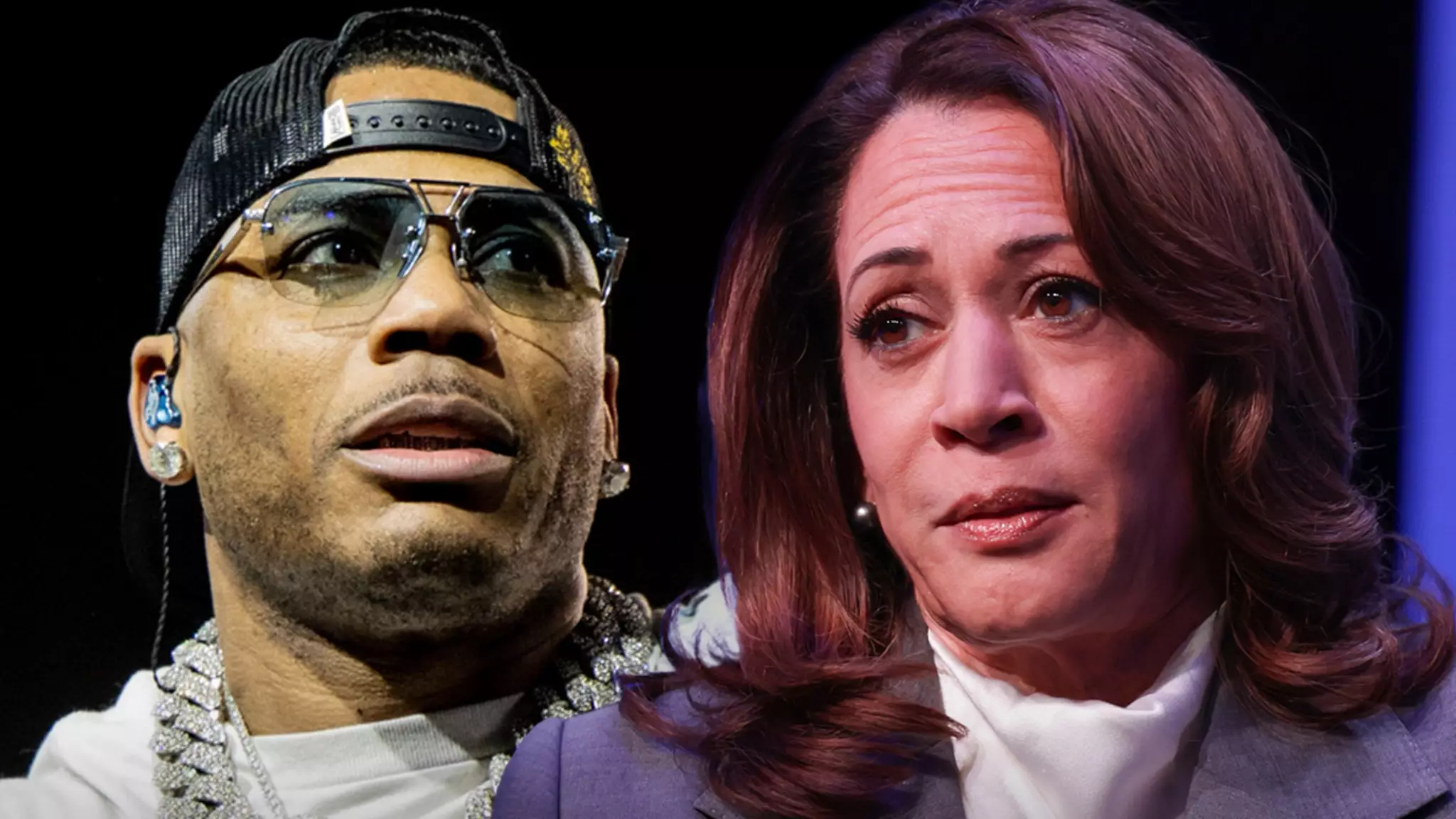Nelly’s recent choices and outspoken remarks have stirred a potent mix of admiration and ire within the African American community. His decision to perform at Donald Trump’s inauguration earlier this year instantly placed him in the crosshairs of critics who accused him of betraying racial solidarity. This tension underscores a broader cultural struggle: can an artist maintain independence in political expression while still honoring the expectations of their community? Nelly’s unapologetic defense reveals his belief that allegiance to Black advancement isn’t exclusively defined by party loyalty or conventional activism.
Reframing Support: Actions Beyond Political Affiliations
Central to Nelly’s defense is a pragmatic emphasis on tangible impact rather than symbolic gestures. He highlights his and Snoop Dogg’s consistent financial backing of Historically Black Colleges and Universities (HBCUs), arguing that such efforts produce meaningful progress irrespective of political theater. This pivot from partisan debates to concrete contributions complicates the simplistic narrative branding him as a “traitor.” It invites reflection on how we define true support for marginalized communities — is it through one’s voting record, public endorsements, or the sustained investment in institutions that empower?
Challenging the Status Quo: A Provocative Critique of Kamala Harris
Nelly’s candid provocation extends to his critique of Kamala Harris, a figure many in the Black community regard as emblematic of progress. His controversial label for Harris as “the woman of color with the white husband and white kids” not only questions her political image but implicitly critiques the perceived performative nature of political alliances. This comment, though polarizing, forces a reevaluation of how identity politics intersect with power structures, marriage, and family within the context of political symbolism. It reveals Nelly’s willingness to engage in uncomfortable conversations about authenticity and representation, which many might prefer to avoid.
Defending Artistic Autonomy Amidst Social Media Backlash
The backlash against Nelly and Snoop Dogg for their Trump performances also exposes the fraught terrain celebrities navigate when their choices diverge from popular expectations. Accusations of being “Uncle Toms” flood social media timelines, highlighting how quickly nuanced discussions about individual agency deteriorate into tribalistic name-calling. Nelly’s response, distancing himself from the criminal justice system and emphatically rejecting racialized insults, underscores his intent to redefine what it means to be pro-Black outside of prevailing political dogma. His resilience in the face of hostility demonstrates a commitment to personal integrity over performative conformity.
Monetary Success Versus Moral Approval
The contradiction within Nelly’s immediate family environment, particularly Ashanti’s mother openly criticizing his stance on the new reality series “We Belong Together,” presents another layer of complexity. The lucrative nature of the series—reportedly earning over $1 million—complicates moral judgments, as financial incentives often intersect uneasily with social and ideological convictions. This scenario spotlights how economic imperatives can influence, and sometimes dilute, principled stances, revealing the imperfect realities of navigating celebrity life and political identity simultaneously.
The Broader Implications of Political Dissent
Nelly’s outspoken defense and the ensuing controversy illuminate a critical tension in contemporary Black political discourse: the collision of individual expression, collective expectations, and the often rigid binaries imposed by partisan loyalty. Rather than glossing over dissent as disloyalty, his case invites deeper inquiry into the pluralism of Black political thought and the legitimacy of non-traditional forms of support and resistance. It challenges the community—and society at large—to reconsider the metrics by which we assess commitment to racial justice and uplift.

Leave a Reply